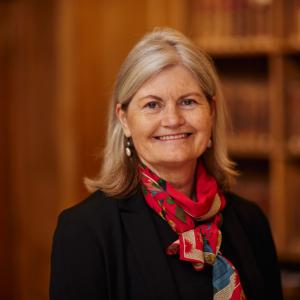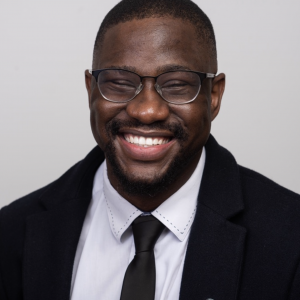Courts and Elections in South Africa: Political and associational rights and the Constitutional Court’s engagement with international and foreign law
Justice Owen Rogers, Judge of the Constitutional Court of South Africa
With South Africa’s next national and provincial elections to be held on 29 May 2024, a seminar on 20 May 2024 is an apt occasion for Justice Rogers to survey the jurisprudence of the Constitutional Court lying behind the innovations which will characterise the imminent elections. The survey will start with the Court’s judgment of June 2020 in New Nation Movement [2020] ZACC 11, which concluded that South Africa’s Electoral Act was unconstitutional for failing to make provision for independent candidates. This was found to be inconsistent with the political and associational rights guaranteed in sections 19 and 18 of the Bill of Rights, viewed in the context of the Constitution as a whole. The Court had regard to international and foreign law, particularly regarding the right of association.
Following New Nation Movement, the Electoral Amendment Act of 2023 introduced amendments to cater for independent candidates in the context of a system primarily based on party contestation and proportional representation. These amendments gave rise to constitutional challenges addressed in two judgments handed down by the Constitutional Court in December last year, One Movement SA [2023] ZACC 42 and Independent Candidate Association [2023] ZACC 42. The focus of these judgments was whether the amendments violated the political rights of independent candidates and voters, particularly (a) by imposing what was alleged to be an unduly burdensome and unjustified signature requirement for the right to appear on the ballot and (b) by allegedly requiring an independent candidate, in substance if not in form, to get double the number of votes in order to win a seat. On the former question, considerable use was made, in the majority judgment, of international and foreign law.
Sfiso Nxumalo, who served as a judicial law clerk at the Constitutional Court when judgment in New Nation Movement was handed down, will be the discussant at this event.
Speaker
Judge OL Rogers
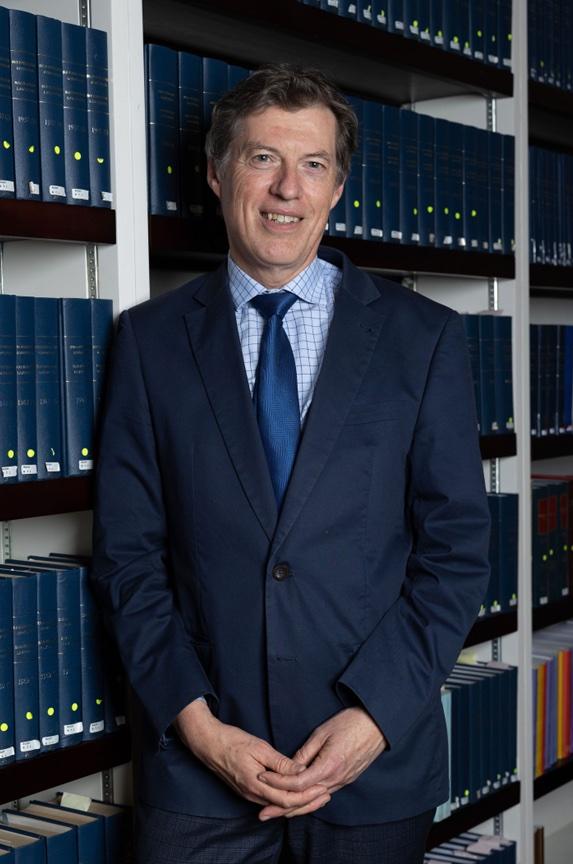
Justice Owen Rogers studied at the University of Cape Town, obtaining a BA cum laude (1982), Honours (Latin) First Class (1983) and a LLB magna cum laude (1985). After first qualifying as an attorney, he did pupilage for the bar and began practice as an advocate in Cape Town in July 1988. He remained in full-time practice until December 2012, being appointed senior counsel in October 1999. He had a diversified commercial practice with a particular emphasis on tax and competition law. With effect from January 2013 he was appointed as a permanent Judge of the Western Cape High Court, having acted there on a number of occasions since 2001. Several years later he was appointed as a Judge of Appeal of the Competition Appeal Court. He also served a number of terms as an Acting Judge of Appeal in the Supreme Court of Appeal. He served as an Acting Justice of the Constitutional Court in the second half of 2021 and was permanently appointed to that Court with effect from August 2022.
Discussant
Sfiso Nxumalo
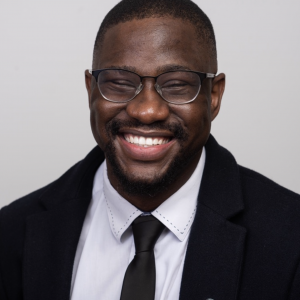
Sfiso Benard Nxumalo is reading for a Doctor of Philosophy (DPhil) in Law at the Faculty of Law at Oxford University. He holds a Bachelor of Civil Laws (BCL) from the University of Oxford and a Bachelor of Laws from the University of the Witwatersrand. His research for the DPhil concerns the philosophical purviews of the African Charter on Human and People's Rights and African Legal Theory.
He teaches constitutional law and administrative law at Brasenose College as a stipendiary lecturer and contract law at Balliol College as a tutor.
He is the President of the Oxford Law Black Alumni Network and a former Graduate Research Resident at the Bonavero Institute of Human Rights. He was also awarded the Samuel Pisar Travelling Fellowship in Human Rights to intern at the African Court on Human and Peoples' Rights.
Prior to beginning his studies at Oxford, Sfiso served as a law clerk to Justice Sisi Khampepe and Justice Steven Majiedt at the Constitutional Court of the Republic of South Africa. He also worked as a candidate attorney at Bowmans, a leading law firm in Africa.
Sfiso's research interests include constitutional law, administrative law, property law, legal history, jurisprudence and general commercial law.
Chair
Professor Kate O'Regan
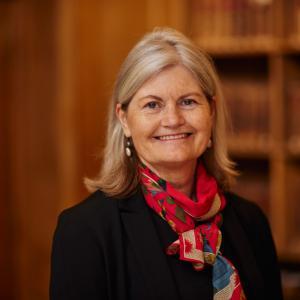
Kate O'Regan is the inaugural Director of the Bonavero Institute of Human Rights and a former judge of the South African Constitutional Court (1994 – 2009). In the mid-1980s she practiced as a lawyer in Johannesburg in a variety of fields, but especially labour law and land law, representing many of the emerging trade unions and their members, as well as communities threatened with eviction under apartheid land laws. In 1990, she joined the Faculty of Law at UCT where she taught a range of courses including race, gender and the law, labour law, civil procedure and evidence. Since her fifteen-year term at the South African Constitutional Court ended in 2009, she has amongst other things served as an ad hoc judge of the Supreme Court of Namibia (from 2010 - 2016), Chairperson of the Khayelitsha Commission of Inquiry into allegations of police inefficiency and a breakdown in trust between the police and the community of Khayelitsha (2012 – 2014), and as a member of the boards or advisory bodies of many NGOs working in the fields of democracy, the rule of law, human rights and equality.

